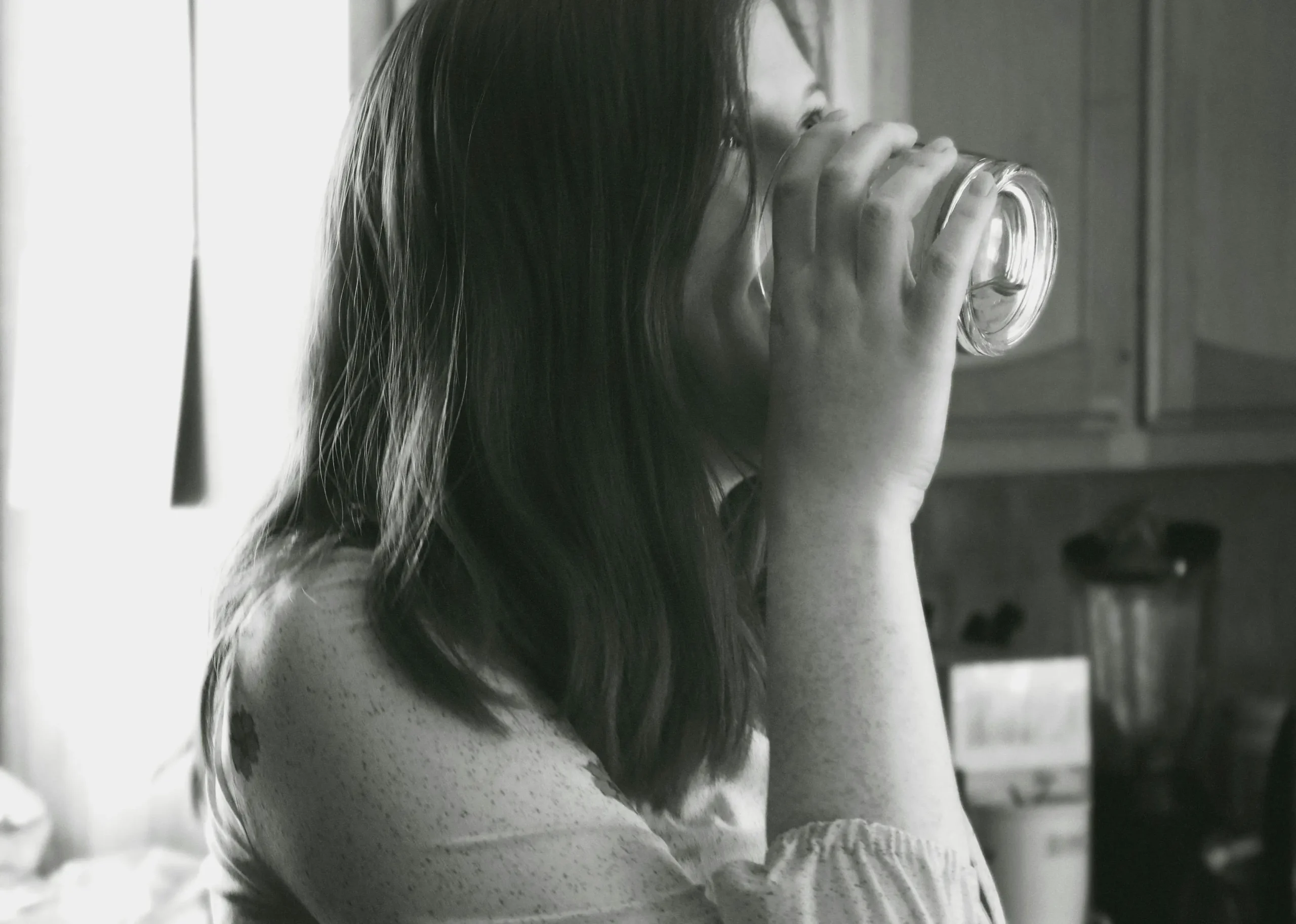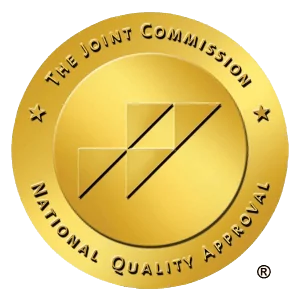Preventing Relapses At All Stages of Recovery
Addiction disorders are complex, and relapse risk is heightened when diagnosed with a mental health disorder (or dual-diagnosis). Research reveals that around 40-60% of patients diagnosed with a substance use disorder relapse after completing their rehabilitation programs.
The first year after rehabilitation is always the toughest because leaving the controlled confines of rehab demands independently combating one’s cravings and symptoms.
Worried about relapse? Think you might need additional treatment for addiction? Call us at (800) 643-2108
Relapse Statistics and Data
The National Institute on Drug Abuse (NIDA) indicates that over 90,000 people in the United States died from drug-related overdoses in 2020 alone.
A survey conducted by the Centers for Disease Control and Prevention reveals that drug overdose is the leading cause of injury-related deaths, claiming over 40,000 American lives each year.
A publication of the Centers for Disease Control and Prevention estimates the death of 265 Americans, on average, caused by drug overdose every day from 2020 to 2021. Why are so many people dying of drug-related accidents?
The Substance Abuse and Mental Health Services Administration reveals that over 90% of people suffering from addiction disorders don’t have access to rehabilitation services.
Faced with such overwhelming odds, how can patients and their loved ones prevent relapse after rehab? Keep reading to learn about addiction relapse prevention.
Understanding Relapse
Addiction is classified as a chronic medical condition affecting the body and mind, triggered by the patient’s inability to stop using the addictive stimulant, despite experiencing harmful side effects.
A relapse is a significant element of the disease, and it can happen at any time, regardless of how steadfast a patient has been.
A relapse is characterized by returning to old patterns of consuming the substance after abstaining from alcohol or an illicit substance for a considerable time.
It’s fairly common for patients to relapse or resumes using after being discharged from a rehabilitation facility. In some cases, a relapse occurs because the patient succumbed to the cravings or the negative influence of old peers/family members.
Patients are more likely to reuse if they have been committed to rehab through an intervention staged by their family or loved ones, particularly common in teenagers. It’s important to note that relapse doesn’t indicate that the treatment was inadequate or that it failed.
In fact, relapsing suggests that the patient needs more help and support and perhaps, a different kind of treatment to treat physical or mental urges.
It’s crucial to understand the elements that trigger a relapse to work toward addiction relapse prevention. Finding treatment is imperative, whether you’re struggling yourself or wish to help a friend.
You can enlist Google’s help in finding a reputable rehabilitation facility near your location.
Suppose you’re fighting the risk factors of alcohol relapse in Arizona. In that case, make a location-based search using the keywords’ alcohol rehab in Arizona‘ to find the nearest facilities.
You can browse through the website to examine relapse-specific programs and amenities provided within the treatment.
It’s wise to consult addiction specialists with ample experience treating relapse-related cases.
What Triggers a Relapse & How to Prevent it?
To understand the triggers of a relapse, it’s crucial to comprehend the chronic nature of alcohol or substance use disorders.
Much like diabetes or cancer, addictive substances latch onto our mind and body, triggering lasting disruptions in our core organs and central nervous system.
Patients need to undergo a lengthy and sustainable pattern of healthy living and mindfulness to heal their minds and bodies and overcome addictive behaviors.
Overcoming triggers is the most challenging aspect of returning to normalcy after completing a rehab program.
Patients who feel overpowered by physical and mental urges are advised to seek an out-patient treatment or support group instead of fighting the battle alone.
The Most Common Relapse Triggers
Stress
Stressful situations that riddle you with anxiety can trigger intense cravings for a chilled glass of beer, whiskey, or an illicit substance.
It’s natural to feel vulnerable and sensitive when dealing with overwhelming stress. Patients can cope with stressful situations by practicing breathing exercises, mindfulness, or meeting a good friend.
People or Places Associated with Addictive History
Meeting an old friend from your days of substance use or visiting a place with strong memories can trigger a craving for the substance.
It’s wise to avoid people, places, and gatherings that encourage you to indulge in unhealthy behaviors. Most patients who relapse or die of drug overdose reuse after connecting with old buddies or visiting old hangout spots.
A support group can help you find friends committed to recovery and supportive of your progress.
Negative Emotions or Adverse Experiences
Encountering adverse experiences or negative emotions can make you feel weak and vulnerable, creating a strong desire for the substance you’ve worked hard to quit. A therapist can guide you toward developing healthy coping mechanisms to channel negative emotions and challenging circumstances into positive energy with mindful responses. Remember, relapsing will only increase your challenges by creating emotional, physical and financial instability.
Sources
[1] Why Do Alcoholics and Addicts Relapse So Often?
[2] Overdose Rates
[3] Injuries and Violence Are Leading Causes of Death
[4] CDC Death Counts









